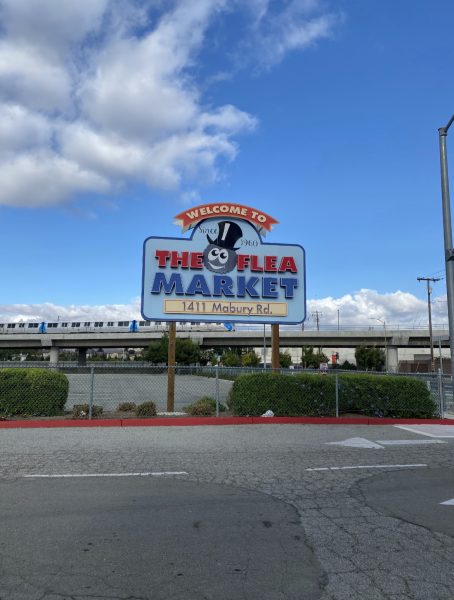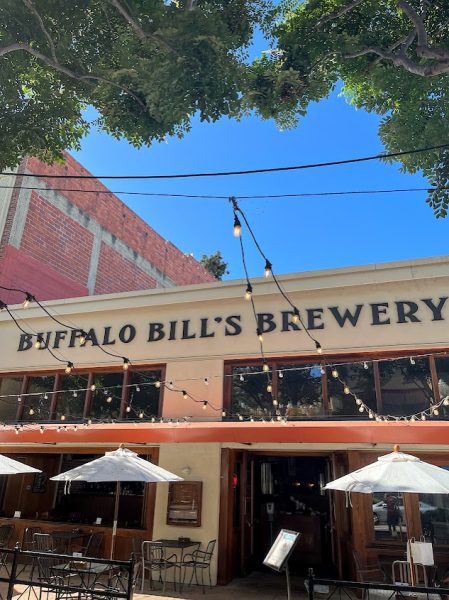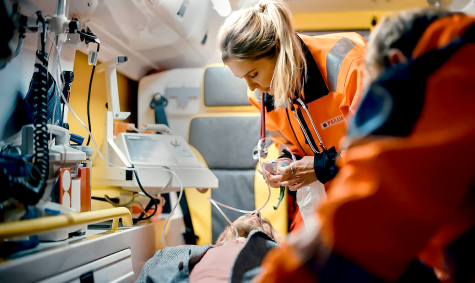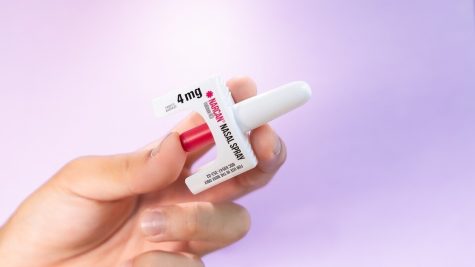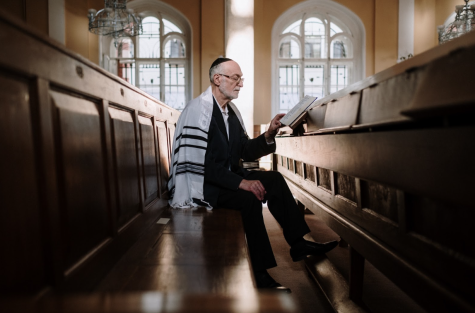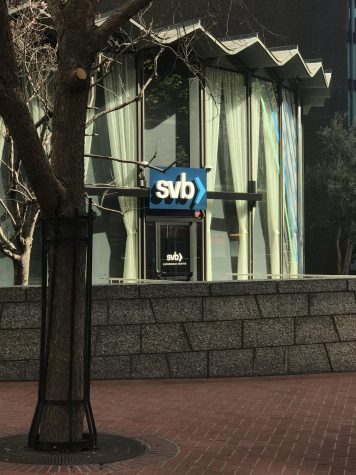Hayward Heroin
By Jon Harnmuanphongs Metro EditorNeedle exchanges are lowering HIV rates amongst intravenous drug users in Oakland.
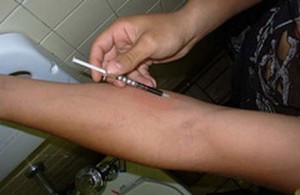 “Using the Harm Reduction Model, we look at HIV rates before needle exchanges, which were about 19 percent amongst intravenous drug users in Oakland,” said Joy Rucker, Executive Director of Casa Segura, a disease prevention organization operating out of Oakland.
“Using the Harm Reduction Model, we look at HIV rates before needle exchanges, which were about 19 percent amongst intravenous drug users in Oakland,” said Joy Rucker, Executive Director of Casa Segura, a disease prevention organization operating out of Oakland.
“After the implementation of needle exchanges, the infection rate is down to 13 percent in that same group.”
There are several syringe exchange locations operating in the Bay Area. Some people may expect that serious intravenous drug use is sequestered only to San Francisco, but the presence of needle exchanges seem to be a factor in HIV infection rates in the East Bay.
“Another benefit to the Harm Reduction Model is its cost effectiveness to Alameda County,” said Rucker. “Abscess wound care costs Highland General Hospital $1,500 per patient, per abscess. We treat 38 to 40 clients per month. If you do the cost analysis, our treatment costs us 35 dollars per client, per abscess.”
Tri-City Health Center based in Fremont, also offers disease prevention services by operating needle exchanges and offering HIV and Hepatitis testing. They currently have two discrete locations operating in Hayward.
Sometimes intravenous drug users develop an abscess, which is a soft tissue infection, where pockets of bacteria and pus develop beneath the skin, or muscle.
Abscesses appear to be swollen lumps of red skin. They can be extremely painful. Dirty injection practices, and the practice of muscling or skin-popping, are major reasons why some people develop abscesses. Dark red lines running away from the abscess can be a sign of blood poisoning, which is sometimes fatal.
A 21 year-old Oakland heroin user we will call Ray, recently traded dirty needles at an Oakland location.
“These old needles are so dull and nasty,” said Ray. “I would use a new needle if I could. When I score, I look for the nearest public bathroom to slam it.”
Ray is homeless, and uses food stamps, but he has a menial job that pays for his drugs.
“If I stop for too long, I get real dope-sick and start puking, and generally feel like shit,” said Ray.
Ray had used needle exchanges in Los Angeles, where he grew up, but recently found local prevention services in the East Bay. He moved here 3 months ago and has been clean for 2 months, but he relapsed a month ago.
“After I got my job, I wanted to celebrate, so I went looking for some prostitutes because I know they know where the dope is.” said Ray.
“I cruised the neighborhood looking for prostitutes. After this one prostitute got to know me, she showed me her guy. Now I don’t worry as much,” said Ray.
Ray spends the majority of his earnings on black tar heroin, a variety that is produced mainly in Mexico.
“Being hooked on dope and being homeless sucks,” said Ray. “I never share my needles, but at least I can get my abscesses treated if I get any new ones. I usually just pick at them until they go away.”
Some needle exchanges provide free food and clothing, AIDS/HIV testing and treatment, Hepatitis testing and vaccinations, and wound care. If you know someone who is an intravenous drug user, try to get them treatment, and if they won’t stop, introduce them to services that may save his or her life.




